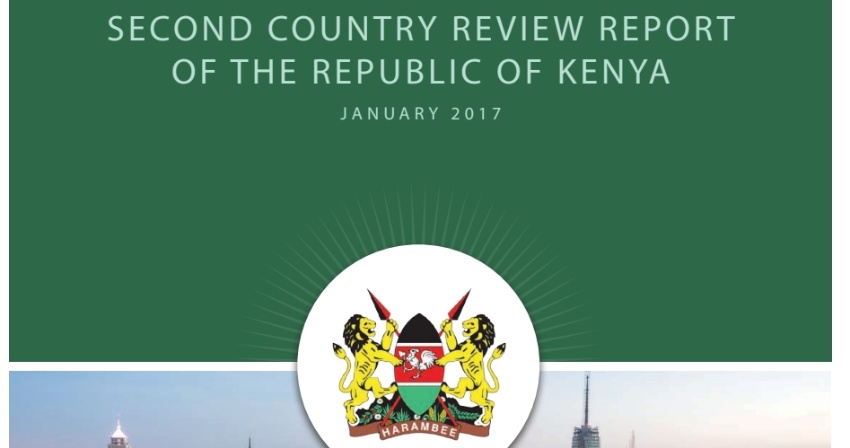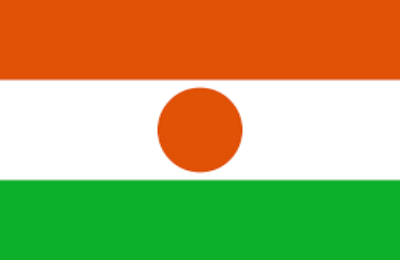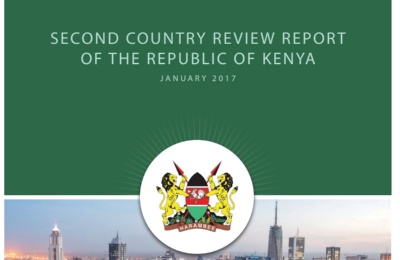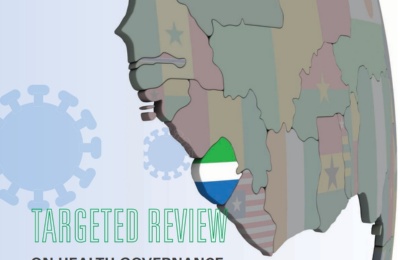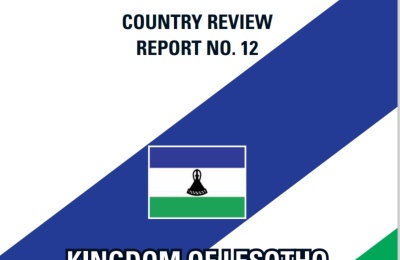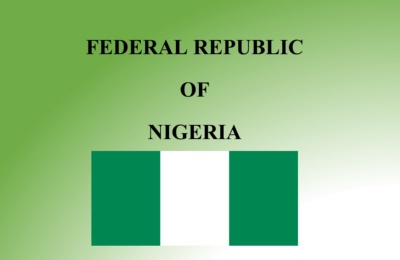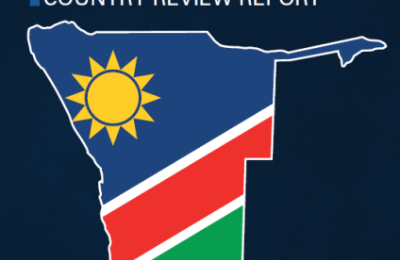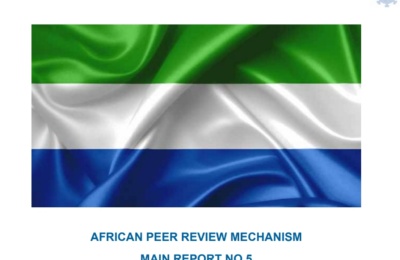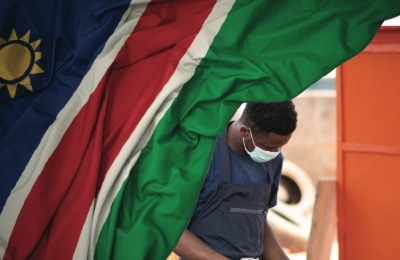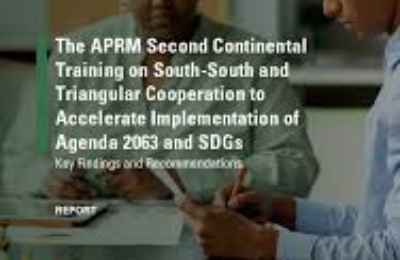SECOND COUNTRY REVIEW REPORT OF THE REPUBLIC OF KENYA
SECOND COUNTRY REVIEW REPORT OF THE REPUBLIC OF KENYA
SECOND COUNTRY REVIEW REPORT OF THE REPUBLIC OF KENYA
Publication date:
22 July 2025
Kenya is one of the pioneer countries to accede to the APRM at its inception in 2003. It is also among the first three countries to start the review process. Kenya was peer reviewed by the APR Forum at its meeting held in Banjul, The Gambia, in June 2006, thus becoming the third country to complete the process.
After the peer review, ministries and government agencies started implementing the NPoA. A six-month progress report based on submissions from ministries was presented by His Excellency President Mwai Kibaki at the APR Summit in Addis Ababa, Ethiopia, in January 2007. In the report, President Kibaki briefed the APR Forum on the steady progress Kenya had made in addressing macroeconomic fundamentals, especially inflation control and infrastructure development, as well as progress in education and other social sectors. He further reported that a popular version of the Country Review Report (CRR) had been produced in both English and Swahili, as part of a mass sensitisation and ownership initiative undertaken by the Government. The APR Forum lauded Kenya for the progress it had made.
The 2006 APRM Kenya CRR had a significant impact on the articulation of Agenda 4 issues in the National Accord and Reconciliation Agreement (NARA) of 2008, which was brokered by the AU Panel of Eminent African Personalities, under the leadership of the former Secretary-General of the United Nations (UN), Mr Kofi Annan. The AU Panel also included former president Benjamin Mkapa of Tanzania and Dr Graça Machel who was the lead panellist for the 2006 Kenya review. Dr Machel ably used her intimate knowledge of the CRR to ensure that the APRM findings were part and parcel of the reconciliation agreement.
The Kenya National Dialogue and Reconciliation (KNDR) framework, which formed the basis for NARA, identified four main agenda items for the purpose of ending the crisis. These four areas are critical in terms of addressing the causes of the crisis, reconciling communities and preventing future conflicts in the country. These four agenda items are: i) Agenda 1: Immediate action to stop violence and restore fundamental rights and liberties; ii) Agenda 2: Immediate measures to address the humanitarian crisis, and promote reconciliation and healing; iii) Agenda 3: How to overcome the political crisis; and iv) Agenda 4: Address long standing issues, including constitutional, legal and institutional reforms; land reforms; youth unemployment; poverty; inequity and regional development imbalances; consolidating national unity and cohesion; and addressing impunity, transparency and accountability. To implement NARA, numerous reform measures were thereafter introduced.
Collection:
Country review reportsLanguage: English
Last update
22/07/2025, 10:01
 APRM Knowledge Hub
APRM Knowledge Hub
